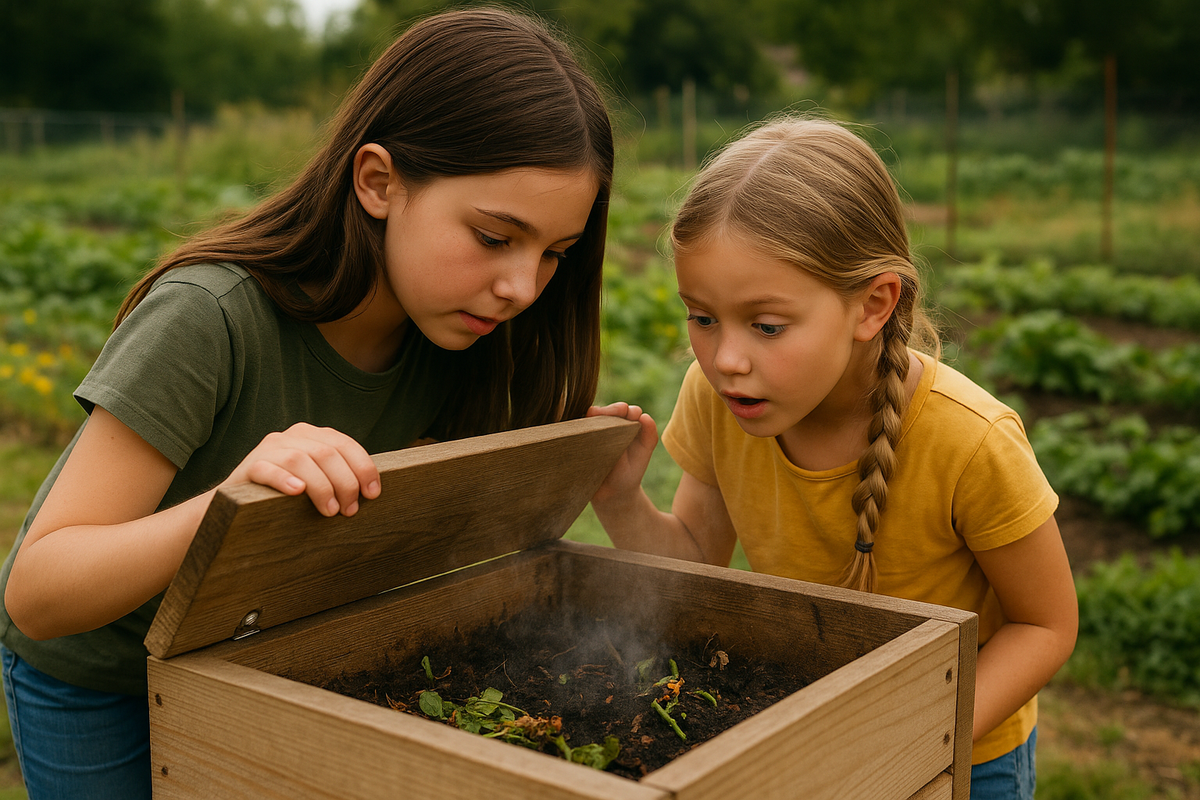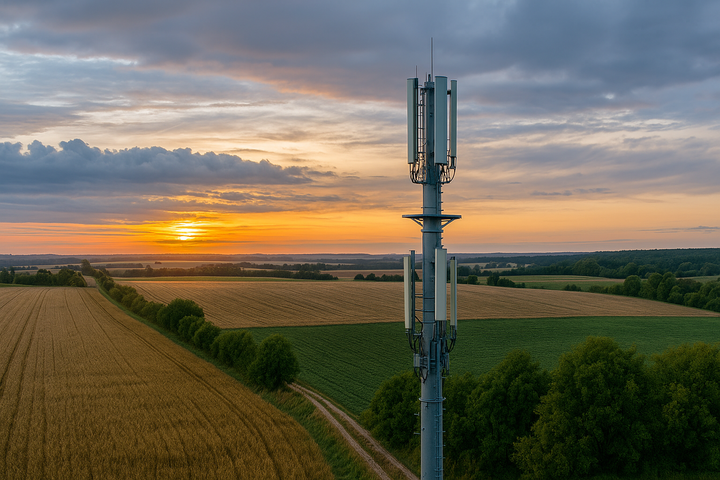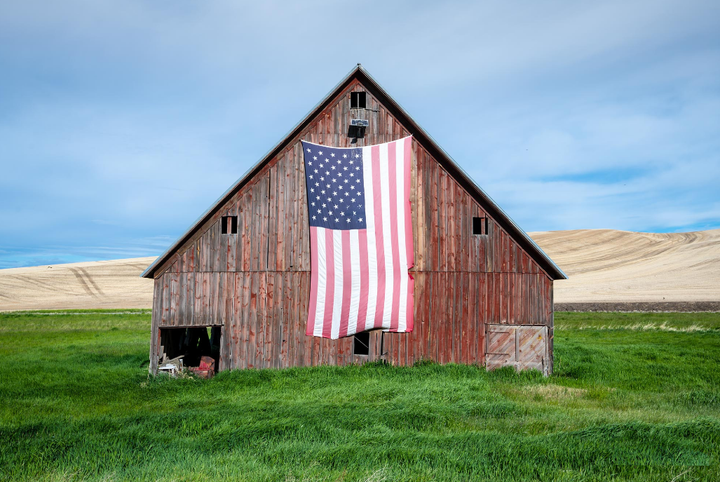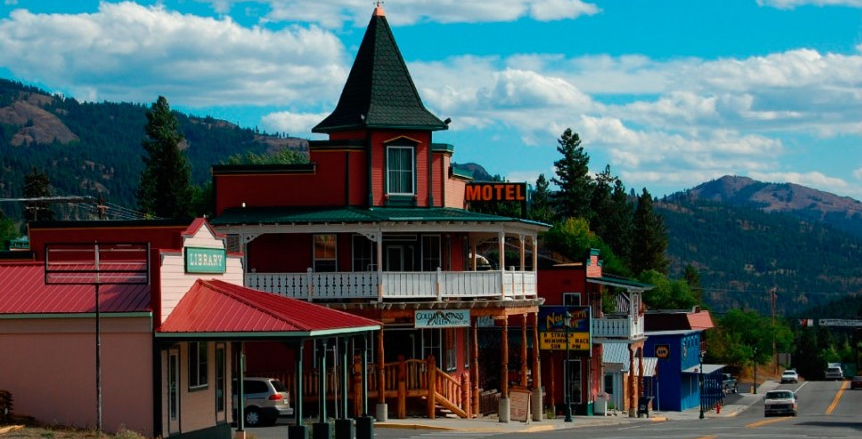The Ground We Tend Together

On a soft June morning in Spokane’s Peaceful Valley, the garden is already awake. Dew glints on strawberry leaves. A robin skips between rows of kale. And in a corner of the community plot, not far from the river, two children lift the lid of a cedar box.
Steam curls upward. Beneath it, last week’s coffee grounds, lettuce trimmings, and shredded paper have begun to change. One child leans in, watching something wriggle through the dark. “It’s alive,” she whispers.
And she’s right.
What Begins in the Soil
This isn’t just decay. It’s transformation. Across Spokane County, compost bins like this one are at the center of a quiet but profound shift in how urban communities feed themselves, and learn to care for each other.
Fifteen compost bins have been installed since last year at school, church, and neighborhood gardens across the Spokane area. Fifty-four are planned in total by the end of 2025. Each bin arrives as part of a partnership between WSU Spokane County Master Gardeners and the Washington State Department of Ecology, with the simple goal of helping gardens reduce waste and enrich soil.
But there’s something deeper taking root.
“Instead of having it go to garbage,” explains Tim Kohlhauff, urban horticulture coordinator for WSU Extension, “we’re turning it into something valuable… helping them grow more food. It’s a win for everybody.”
Compost as Commons
At Shiloh Hills Elementary, the compost bin stands just a few yards from the school’s raised beds. Students don gloves and record compost temperatures as part of a science unit. In spring, they plant spinach and thyme; in fall, they cook with the harvest from their own soil.
“Compost becomes not just a byproduct but a teacher.”
Here, learning and doing are the same. The compost teaches students that food is part of a living cycle, grown, eaten, returned, not just a transaction
A few miles south, at Thornton Murphy Community Garden, the rhythm is slower, but no less intentional. Retired neighbors share rows with first-time gardeners. On Saturdays, a pair of volunteers, a nurse and a new father, mix straw and peelings in the bin, swapping tips and tomatoes.
“The compost pile is where people start talking.”
At the West Central Community Garden, run in partnership with West Central Abbey, a youth crew from River City Youth Ops tends rows of produce and takes turns maintaining the compost. What once was a vacant lot is now a working urban farm. Students here grow food for neighborhood dinners and sell fresh vegetables at local markets.
They track the weight of each harvest and measure the difference compost makes.
“It’s gardening, yes, but also dignity. And data.”
When a teen helps a neighbor carry a bag of greens home, that too becomes part of the yield.
More Than a Garden
A compost bin doesn’t look like much. Four planks, some screws, a lid. But inside, there’s a slow and necessary magic. It’s the art of waiting. The patience to trust that what looks like waste can become nourishment.
And in that transformation, there’s a metaphor too. Spokane’s compost initiative may have started with a grant, but its roots are human: people choosing to repair soil, restore trust, and reclaim the joy of growing things together.
Across the district, you’ll find these bins tucked behind churches, beside school playgrounds, near food banks and under walnut trees. Each one is part of a quiet ecosystem of care; where a place feeds itself, and people tend to one another as they do the soil.
Back in Peaceful Valley, the sun has lifted just above the bluff. The children close the lid gently, the bin now sealed with heat and life. A few feet away, peas are beginning to flower. Tomatoes are taking hold.
And nearby, a grandmother bends to pull a weed beside her grandson, who is just learning that soil is not merely dirt, but a living thing, rich with smells, memory, and promise.
In a time of noise, what’s happening here is quiet. But it’s persistent. And it’s growing.
It’s steady. And it’s working.


